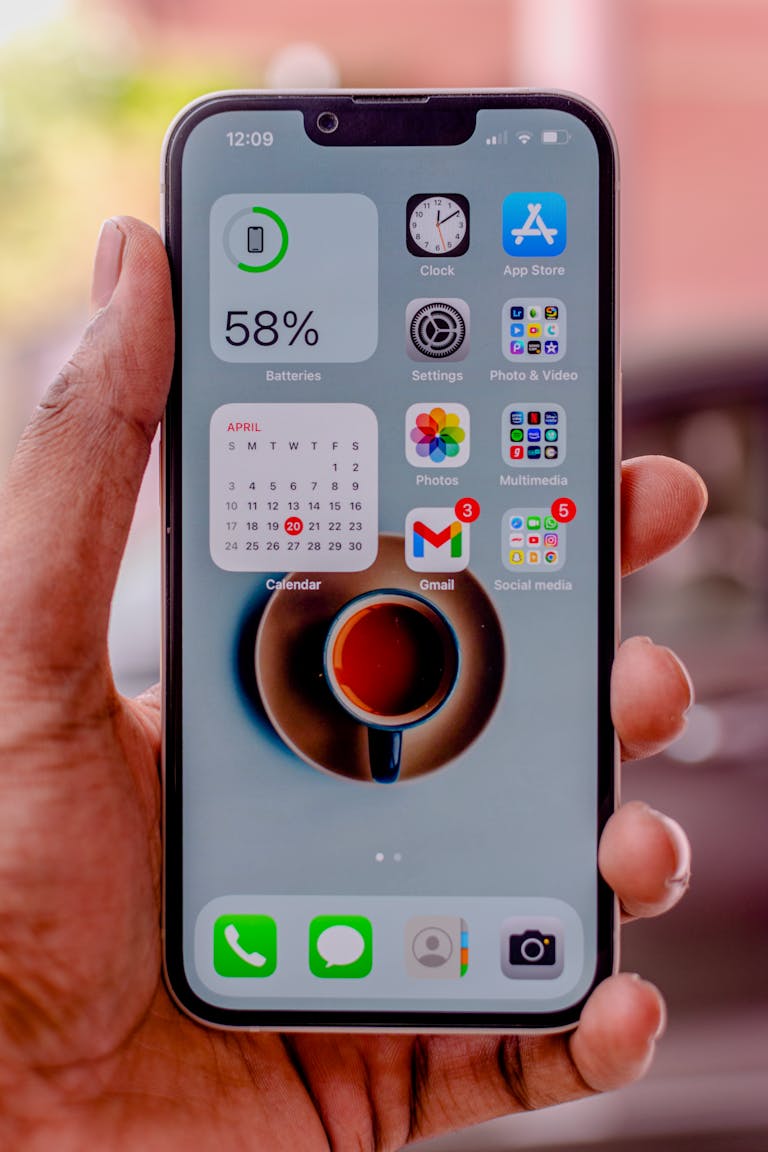We live in a world where ding, buzz, and pop-up have become the background music of our lives.
From email alerts to social media updates, app reminders to breaking news, the average person receives over 100 notifications per day—each one pulling our attention in a new direction. This digital bombardment leads to a modern plague: notification fatigue.
Let’s break down how to stop the chaos and reclaim your focus.

1. What Is Notification Fatigue?
Notification fatigue is the mental exhaustion that results from constant interruptions by digital alerts.
It causes:
- Decreased concentration
- Heightened anxiety
- Reduced productivity
- Irritability and burnout
You start ignoring important messages because you’re overwhelmed by irrelevant ones. It’s like crying wolf—but with phones.
2. Why It Matters More Than You Think
Every time you’re interrupted—even for a second—it takes an average of 23 minutes to fully refocus. Multiply that by dozens of daily pings and you can see how your mental energy gets drained.
Over time, notification fatigue affects:
- Work performance
- Sleep quality
- Social presence
- Emotional regulation
3. Audit Your Notifications
Start by identifying what actually deserves your attention. Ask yourself:
- Do I need this alert in real time?
- Is this helping me or distracting me?
- Can I check this manually instead?
Be ruthless. Most apps default to maximum interruption. It’s time to take back control.
4. Use “Do Not Disturb” Mode
Schedule “Do Not Disturb” periods throughout the day:
- During deep work
- While sleeping
- During meals or family time
Customize your settings so only critical contacts (family, boss, emergencies) can reach you during these times.
5. Group Notifications by Priority
You don’t need to see every update the moment it happens.
Try batching:
- Email notifications checked only 2–3 times daily
- Social media checked at set times
- News and app updates silenced or summarized weekly
This reduces digital noise while preserving access.
6. Delete or Silence Non-Essential Apps
If you haven’t used an app in weeks but it still pings you, it’s time to:
- Turn off notifications
- Delete it entirely
- Replace it with a less intrusive version
The fewer apps you manage, the lighter your mental load.
7. Turn Off “Red Dots” and Badges
Those red badges on your home screen? They’re psychological bait.
Disable them for everything except urgent items. You’ll feel less pressure to constantly “clear” something that may not need your time.
8. Use Focus Modes or Notification Schedulers
Smartphones now have “focus modes” (iOS) or “notification management” tools (Android) that let you:
- Allow only specific apps during work or sleep
- Create routines for focus, driving, workouts, etc.
- Block interruptions during calendar events
Automate control so you’re not constantly adjusting settings.
9. Reclaim Quiet Moments
When was the last time you just sat in silence?
By reducing alerts, you make space for:
- Reflection
- Creativity
- Presence
- Mental clarity
Silence isn’t empty—it’s full of answers.
Q: How do I stop important messages from being silenced too?
A: Use VIP settings or allow specific contacts to break through Do Not Disturb. Most devices let you customize this easily.
Q: Can reducing notifications actually improve my productivity?
A: Yes. Studies show reduced interruptions lead to deeper focus, fewer mistakes, and improved mental well-being.
Try a 24-hour notification detox. Silence all but essential alerts and notice how your mind feels. You may never go back.

I’m EKBAL HOSSAIN MONDAL, the creator of SmartSolveTips.com — a blog dedicated to helping people improve productivity, avoid digital burnout, and live better online. With years of hands-on experience in self-development and digital wellness, I write practical tips and tools to help you stay focused and thrive in a fast-paced digital world.






